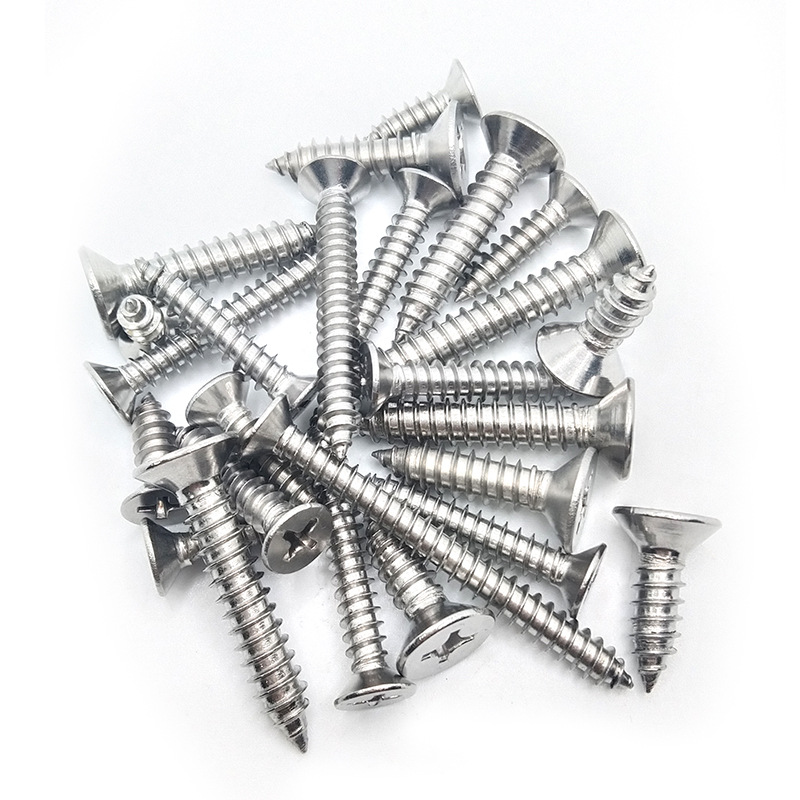

Heavy-Duty Essential Hardware Featuring Extra Large Flat Washers for Maximum Support and Durability
Oct . 12, 2024 03:39 Back to list
Heavy-Duty Essential Hardware Featuring Extra Large Flat Washers for Maximum Support and Durability
The Essential Role of Extra Large Flat Washers in Heavy-Duty Applications
In the world of construction and heavy machinery, every component plays a crucial role in ensuring safety, reliability, and overall efficiency. Among these components, extra large flat washers stand out as essential hardware that facilitates a variety of heavy-duty applications. These washers may seem like simple discs of metal, but their contribution to the structure and stability of heavy equipment cannot be overstated.
Understanding Extra Large Flat Washers
Extra large flat washers are generally made of durable materials such as steel, stainless steel, or aluminum. Their size and design allow them to distribute the load of a fastener, such as a bolt or a screw, over a larger surface area. This feature is particularly beneficial when dealing with heavy loads, reducing the risk of damage to the materials being fastened. By minimizing surface pressure on the materials, flat washers help maintain the integrity of connections, preventing premature failure.
Applications in Heavy-Duty Environments
The applications of extra large flat washers are vast, spanning industries like construction, manufacturing, and automotive. In construction, these washers are commonly used in large assemblies, such as steel frameworks, bridges, and heavy machinery installations. The ability to bear significant weight and withstand harsh environmental conditions makes these washers indispensable.
In manufacturing and assembly lines, heavy-duty equipment often encounters vibrations, shocks, and heavy loads. Extra large flat washers serve as stabilizers that help absorb these stresses, ensuring that components remain securely fastened. In automotive applications, they can be found in engines, suspension systems, and chassis assemblies, providing both support and protection to critical components.
Benefits of Using Extra Large Flat Washers
extra large flat washers essential hardware for heavy duty

1. Load Distribution One of the primary benefits of these washers is their ability to distribute loads effectively. This characteristic prevents localized damage and enhances the longevity of materials used in assemblies.
2. Resistance to Fatigue In environments characterized by repeated stress and vibration, extra large flat washers help mitigate fatigue failure. Their larger surface area means that the forces exerted on them are spread out, reducing the likelihood of cracking or breaking over time.
3. Corrosion Protection Depending on the material used, many extra large flat washers are resistant to corrosion. Stainless steel washers, for example, can withstand harsh weather conditions and exposure to chemicals, making them ideal for outdoor applications or environments with high humidity.
4. Cost-Effectiveness Investing in high-quality extra large flat washers can be cost-effective in the long run. By preventing failures and reducing the need for frequent replacements, they can save both time and money during construction and maintenance processes.
5. Versatility These washers are available in various sizes, thicknesses, and materials to suit different applications. This versatility enables engineers and contractors to select the right type of washer for their specific needs, ensuring optimal performance.
Conclusion
In summary, extra large flat washers are not just simple fasteners; they are critical components that enhance the strength and durability of heavy-duty applications. Their ability to distribute loads, resist fatigue, and offer corrosion protection makes them indispensable in many industries. Whether in construction, manufacturing, or automotive sectors, leveraging the benefits of these washers can lead to safer and more reliable structural assemblies. As industries continue to evolve and face new challenges, the role of extra large flat washers will undoubtedly remain significant, underpinning the integrity of heavy-duty machinery and infrastructure.
Latest news
-
Hot Dip Galvanized Bolts-About LongZe|High Strength, Corrosion Resistance
NewsJul.30,2025
-
High-Strength Hot Dip Galvanized Bolts - Hebei Longze | Corrosion Resistance, Customization
NewsJul.30,2025
-
Hot Dip Galvanized Bolts-Hebei Longze|Corrosion Resistance&High Strength
NewsJul.30,2025
-
High-Strength Hot-Dip Galvanized Bolts-Hebei Longze|Corrosion Resistance&High Strength
NewsJul.30,2025
-
Hot Dip Galvanized Bolts-Hebei Longze|Corrosion Resistance&High Strength
NewsJul.30,2025
-
Hot Dip Galvanized Bolts - Hebei Longze | Corrosion Resistance, High Strength
NewsJul.30,2025

